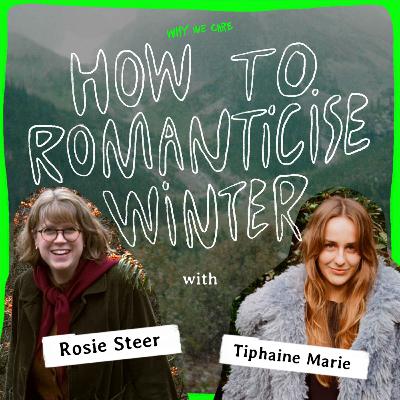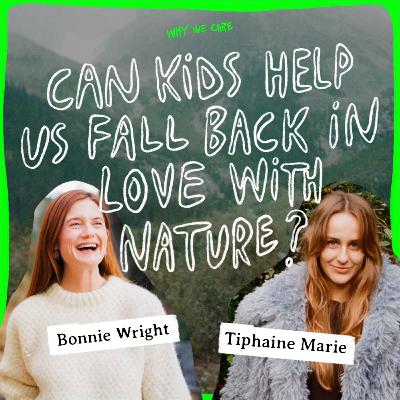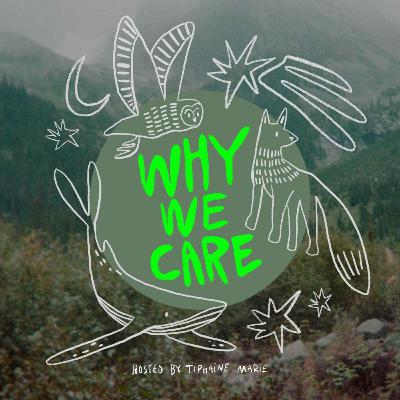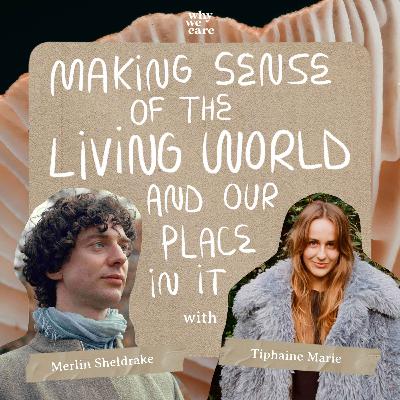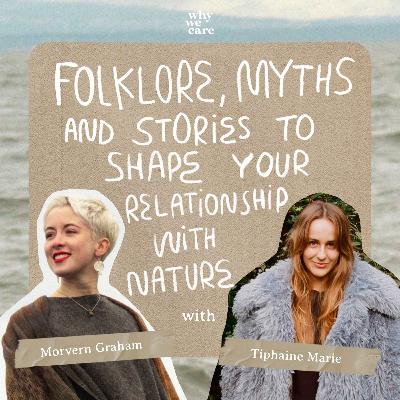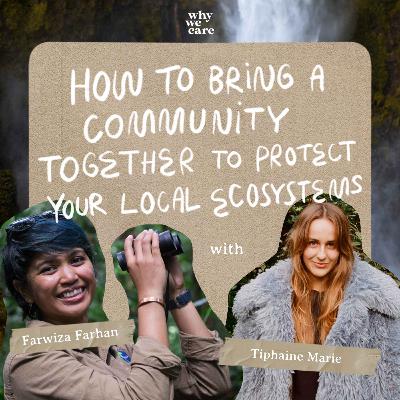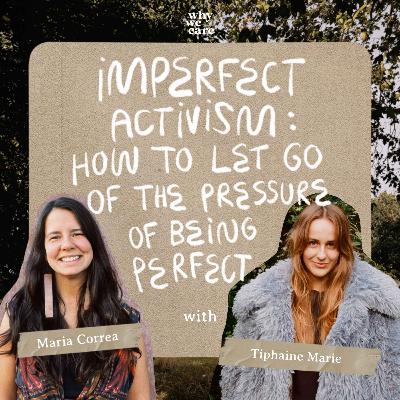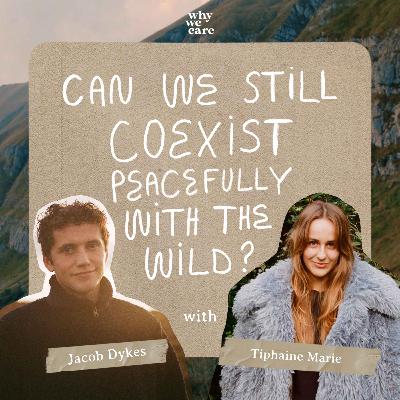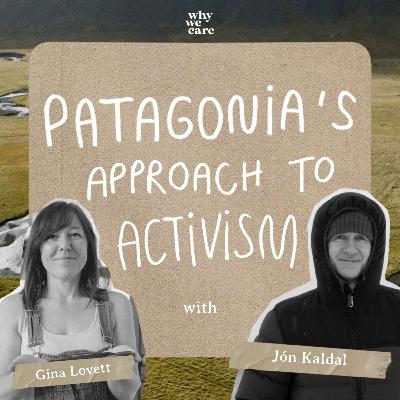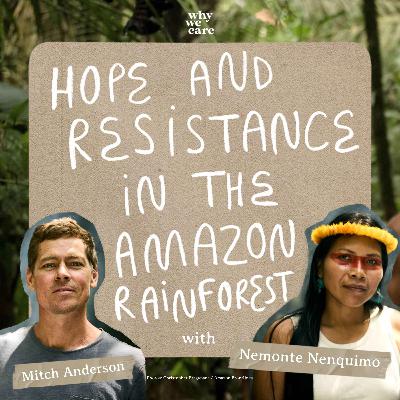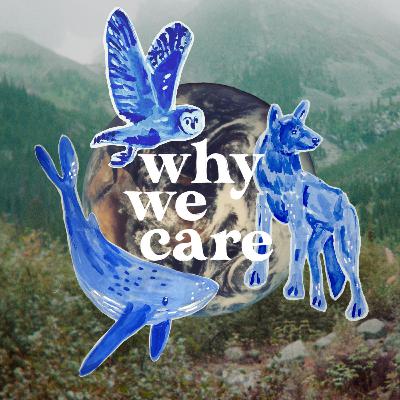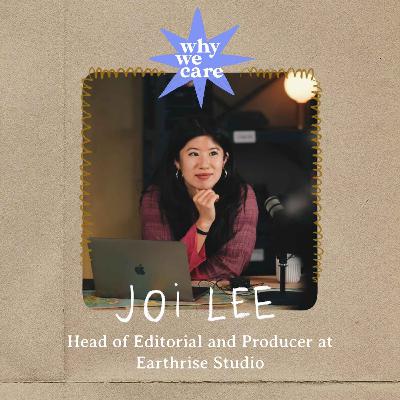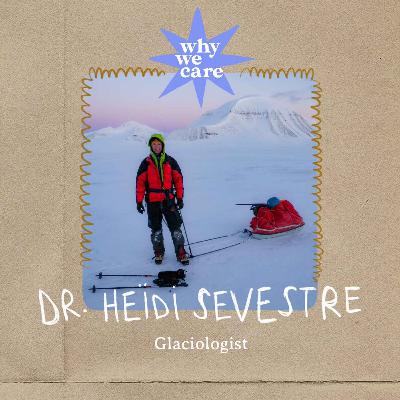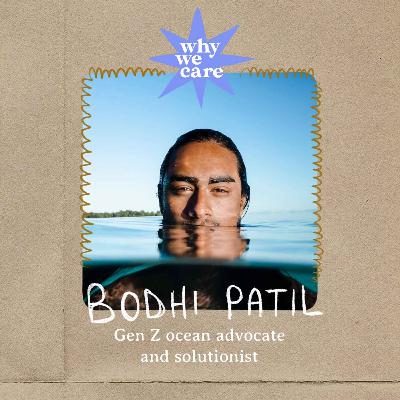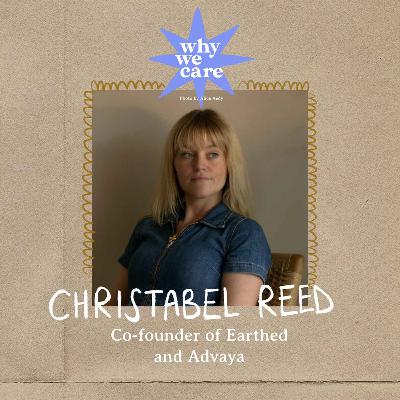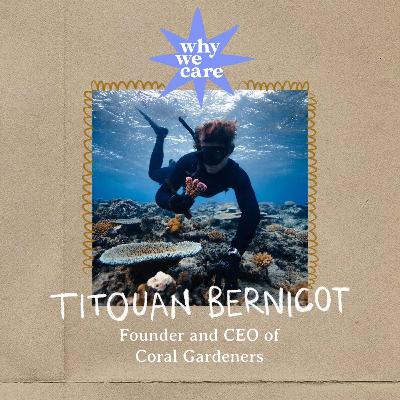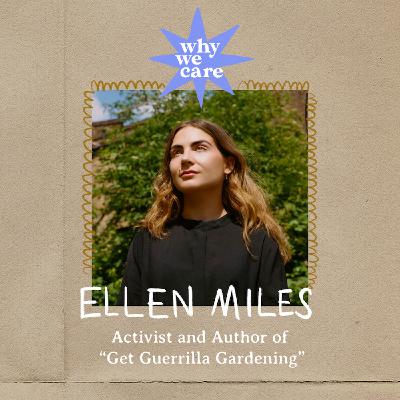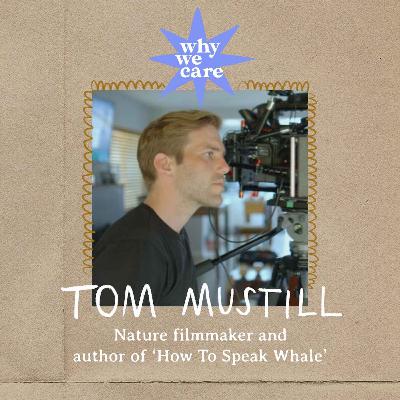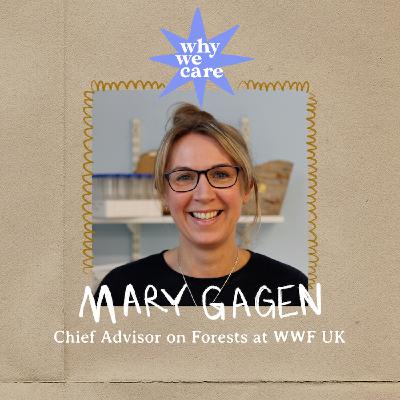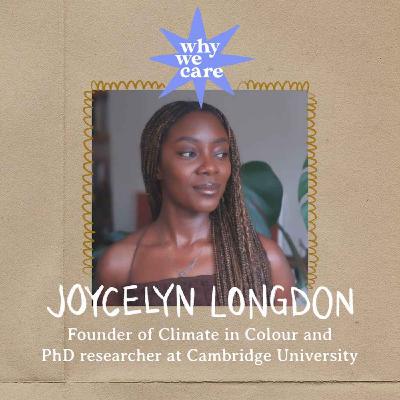In today’s episode I’m incredibly honoured to be speaking with Nemonte Nenquimo and Mitch Anderson. Nemonte is a Waorani leader, mother, and forest defender. She grew up in a little village in the heart of the Amazon rainforest and has now become one of the leading voices of her community. Together with her partner Mitch they created the nonprofit organisation Amazon Frontlines, bringing together Indigenous peoples to defend their rights to land, life and cultural survival in the Amazon. They have now also written a book to share her story with the world, called We Will Be Jaguars.I couldn’t have hoped for a more important conversation to kick off this new season with. Indigenous people represent just 5% of the world’s population, and yet they look after over 80% of our planet’s biodiversity. In other words - they are the experts. So in this episode, Nemonte shares what it was like for her to grow up in the heart of the Amazon, the teachings she received from her ancestors, and what she hopes the world will understand about the forest. We also spoke about how together with Mitch and their team, they made history by bringing together an alliance of Indigenous nations to defend their territories, and ultimately winning a legal battle against the oil industry, resulting in the protection of half a million acres of rainforest in her region.As you’ll notice part of this episode is in Spanish - I didn’t want to cover Nemonte’s words with a translation. So instead, Mitch helps translate her answers after she’s spoken. If you understand Spanish, wonderful - and if not, no worries. I think you’ll still very much enjoy this episode and I invite you to close your eyes if you can, if it’s safe for you to do so, and try feel the power of her words.Want to dive deeper?BUY THE BOOK!!! :) https://amazonfrontlines.org/book/Support Amazon Frontlines — https://amazonfrontlines.org/donate/Follow Amazon Frontlines on Instagram — https://www.instagram.com/amazonfrontlines/Follow Nemonte on Instagram — https://www.instagram.com/Nemonte.Nenquimo/Follow Mitch on Instagram — https://www.instagram.com/mitchandersonaf/Come say hi!Why We Care on Instagram — https://www.instagram.com/whywecarepodcast/Tiphaine on Instagram — https://www.instagram.com/tiphainemarie_/If you enjoyed the episode and want to help the podcast, I would be super grateful if you could leave a little review or share it with a friend who might like it. Thank you so much for caring and sending you lots of love! Hosted on Acast. See acast.com/privacy for more information.



